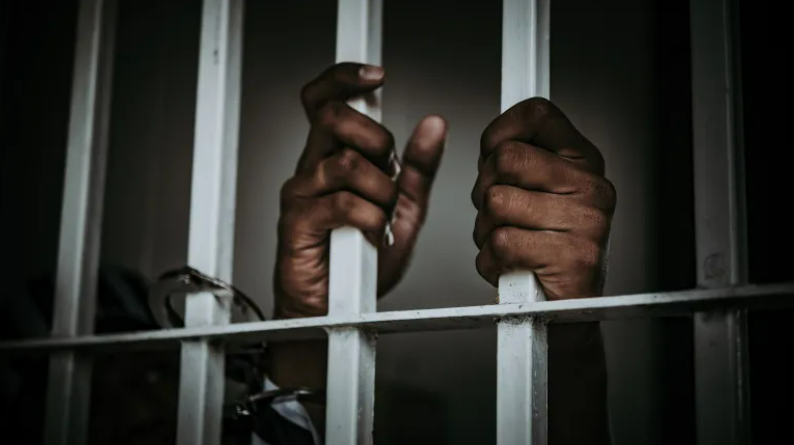DOJ Opens Civil Rights Investigation into South Carolina Jails
Assistant AG; "Incarceration should never carry with it the risk of death or serious harm."

Last week, the U.S. Department of Justice announced that two South Carolina jails where incarcerated people have died violently at the hands of employees or others held behind bars are under federal investigation.
Officials said the civil rights probes will examine the conditions at detention centers in the southern state's urban hubs of Charleston and Columbia. They cited the deaths of a mentally ill Black man stunned 10 times by two jail employees who kneeled on his back until he stopped breathing and another man beaten to death by five attackers locked in cells with unsecured doors.
Eight people jailed at the Sheriff Al Cannon Detention Center have died since 2022, according to Assistant Attorney General Kristen Clarke. Potential discrimination against incarcerated people with psychiatric disabilities, access to medical care, solitary confinement practices and staff use of force are the focus of the investigation into the Charleston County jail. Also cited were a reported six known deaths since February 2022 at the Alvin S. Glenn Detention Center in Columbia. Investigators will look into whether people there are adequately protected from violence and subjected to dangerous living conditions.
In a criminal justice system supposedly premised on “innocent until proven guilty,” pretrial detention centers are the exception to the rule and serve to perpetuate America's reliance on mass incarceration.
On any given day in 2021, more than 514,000 people were locked up in city and county facilities. According to the Prison Policy initiative, 80% of these detainees have not been convicted of the crime for which they were arrested and detained. Even though the U.S. Constitution guarantees the right to a trial by jury and forbids excessive bail, the U.S. Commission on Civil Rights notes that 60% percent of America’s jail population is imprisoned simply because it cannot afford cash bail. Even worse, no one actually knows how many innocent people are killed each year while being held in America’s mass incarceration loophole; the reported South Carolina deaths just scratch the surface.
Clarke said, “People confined in local jails across our country do not abandon their civil and constitutional rights at the jailhouse door. We are launching these investigations to determine whether the jail conditions in two of South Carolina’s largest counties comply with basic constitutional standards,” she said. “We are committed to ensuring that people held inside jails and prisons are not subjected to excessive force, violent conditions, inadequate medical and mental health care, and other dangerous physical conditions while in the custody of their local government.”










